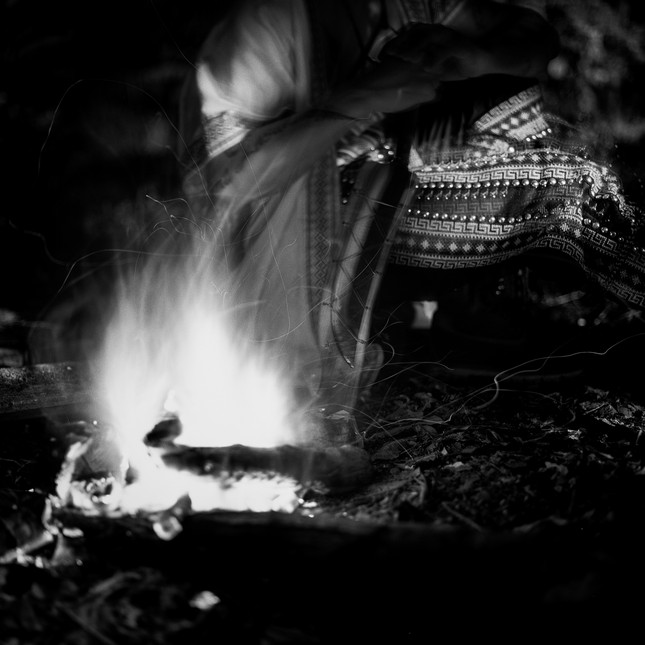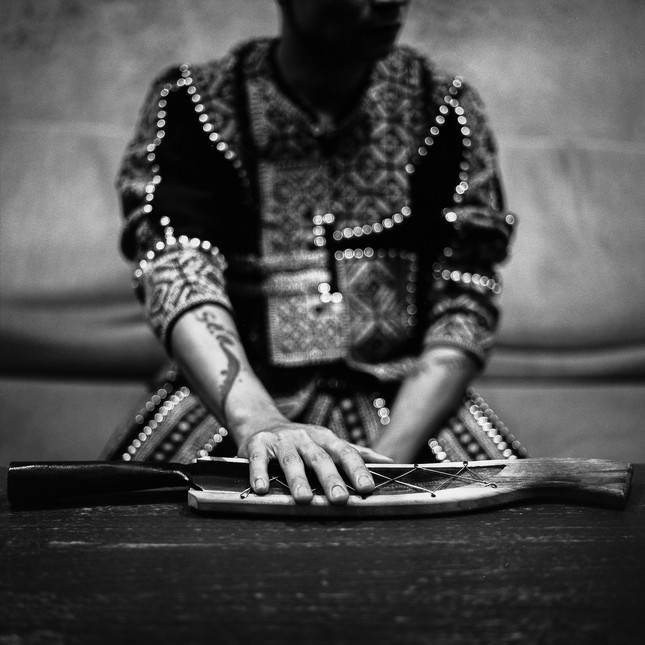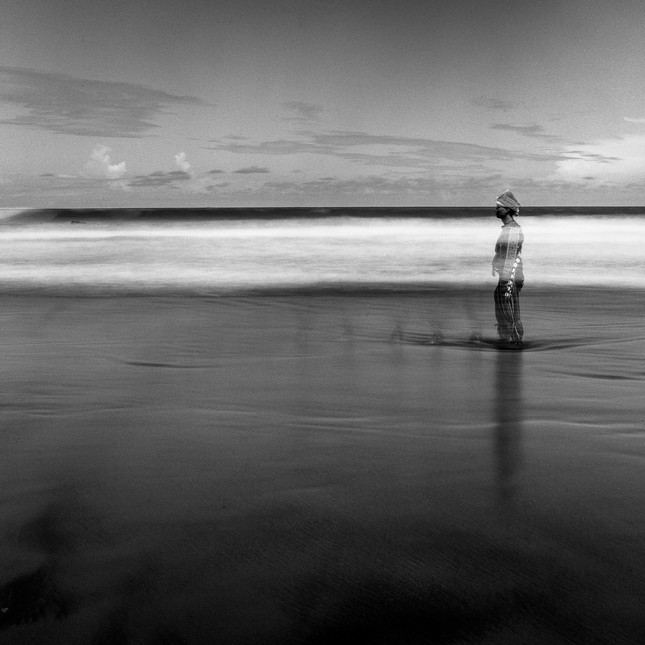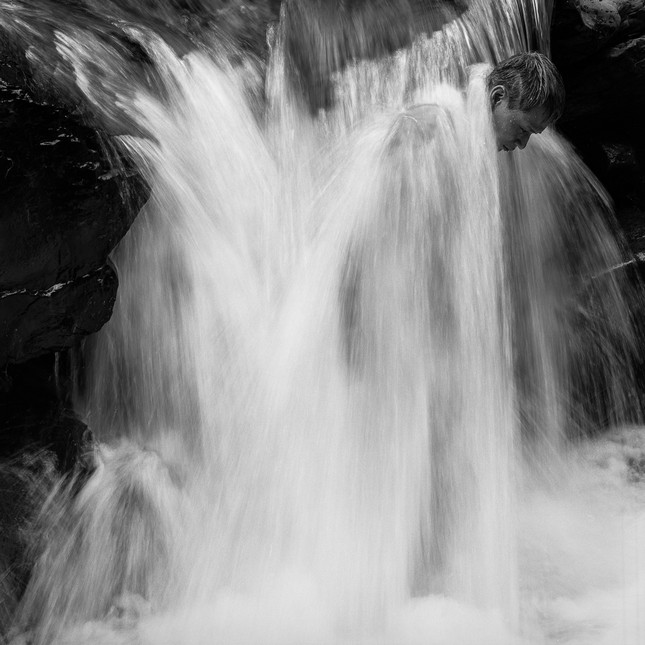Hsuan Chung
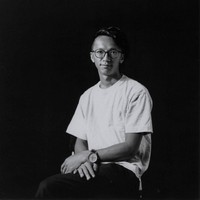
Taiwan (Formosa) was an extremely beautiful island, and is said to be the origin of Austronesian languages. The ancestors of the aborigines were the guardians of Formosa; they lived on this land with modesty and discipline. They were humble, optimistic, simple, and courageous. However, the lack of opportunities for education had left them in a disadvantage when faced with one after another invasion. In the course of history, they were used, oppressed and slaughtered.
In this series of photography, I try to present the uniqueness and cultural characteristics intrinsic to the aborigines. Within the frame, what the works are focused on is the aboriginal people as a whole, rather than individuals or certain figures, as the issues given rise to by historical incidents are not unique to just one group of people or just certain individuals. When I photograph the subjects, I intentionally blurred their facial features and avoid presenting their face in its entirety in the picture. Through long exposure and simulation, I seek to break the bond of time and present the lives of the aborigines’ ancestors on this island with the images captured in the present. From their initial carefree way of life where they lived in harmony with nature, to the oppression forced upon them by their invaders, the works portray the fundamental changes in their way of life and their mental state.
Unfortunately, the issues presented in the works still exist today – from the most basic matters as habitation, unemployment and education, to high suicide rate, self-doubt and the denial of one’s own cultural values. The ideas that aborigines tend to be less educated and inferior to the Han people still persist today.
